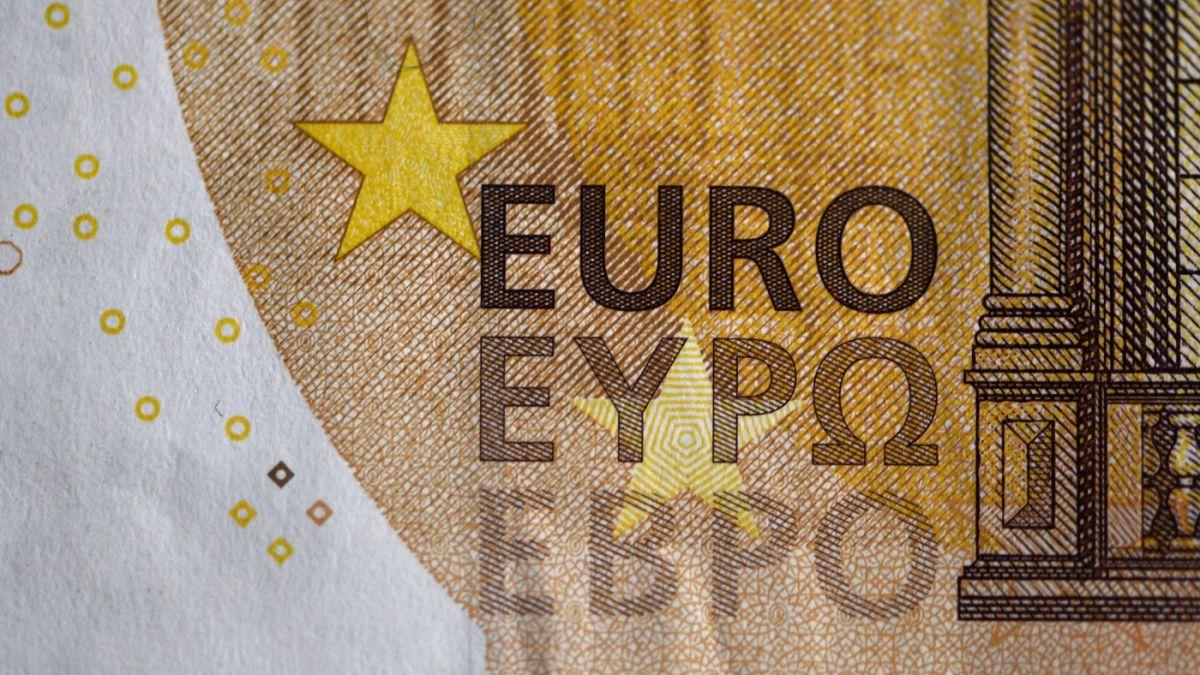They've been put forward as a way of financing the coronavirus fight and rebuilding economies. But what are 'corona bonds'?
Could the coronavirus pandemic force the European Union to break one of its biggest taboo and create a new form of EU-wide, mutualised debt?
Called "corona bonds", European leaders will today discuss whether they can help finance the fight against COVID-19 and the rebuilding of economies afterwards.8".
What are 'corona bonds'?
"Corona bonds" are joint debt issued to member states of the EU. The funds would be common and would come from the European Investment Bank.
This would be mutualised debt, taken collectively by all member states of the European Union.
Pro-bonds countries versus the 'Frugal Four'
Nine EU countries have been calling for such bonds to be issued EU-wide: Spain, Italy, France, Belgium, Luxembourg, Ireland, Portugal, Greece and Slovenia.
"We need to work on a common debt instrument issued by a European institution to raise funds on the market," the nine countries wrote in a letter to European Council President Charles Michel, ahead of Thursday's video call summit of EU leaders.
These nine countries are prone to calling for the mutualisation of European national debts, while others — richer countries in the north of Europe — usually oppose such measures.
They are Germany, Netherlands, Austria and Finland, also known as the "Frugal Four" the fiscally conservative EU states.
For decades, Germany applied a "Schwarze Null" (black zero) debt brake policy: it would never, under any circumstance, allow government borrowing.
In response to the coronavirus crisis in February, Germany announced that it would stop applying this rule, which was a major change in policy, but it does not mean it will be more inclined to accept "corona bonds".
Bonds 'unlikely' to be EU's response to the crisis
It is unlikely that Thursday's EU Council will end up agreeing to issue such joint debt.
Germany and the Netherlands are reported to be leading to opposition to "corona bonds" ahead of Thursday's meeting.
Debt sharing remains a taboo among the "Frugal Four" and issuing common bonds has already been a divisive idea among EU members in the past.
During the 2010-2012 sovereign debt crisis, while France and Italy supported the idea of issuing joint "Eurobonds", Germany strongly resisted the idea, pointing to the individual responsibility of EU member states to keep their finances in order.
The German Central bank summed up its view at the time by saying: “You do not confide your credit card to someone without any possibility to control his expenditures.”
As obstacles to public debt have been lifted within the EU, Germany and France have issued important budget plans to protect their national economies, but other countries like Spain and Italy, despite being the hardest-hit by the virus, have not implemented such broad measures.
Another option: the Eurozone bailout fund
Instead, the EU could decide to use the Eurozone bailout fund, named the European Stability Mechanism (ESM), a permanent agency based in Luxembourg that was created during the 2008 financial crisis and provides financial assistance, in the form of loans, to Eurozone countries or as new capital to banks in difficulty.
All EU countries that will be allocated credit from the ESM will be eligible to receive a special, unlimited programme of bonds buying from the European Central Bank, which was created during the 2012 crisis but has never been used yet.
The European Central Bank, headed by its new president Christine Lagarde, is planning to spend more than €1 trillion in private and public debt bonds buying until the end of 2020 to keep the Eurozone in good financial conditions.
Lagarde has urged the EU to consider the option to issue of "corona bonds".
EU states 'should absorb coronavirus losses not private sector'
The former president of the European Central Bank, Mario Draghi, has called for European states to "absorb" market losses caused by the coronavirus crisis.
"The loss of revenue suffered by the private sector, and the debt contracted to reduce the deficit, must be finally absorbed, fully or in part, in the governments' statements of accounts," Draghi said on Wednesday.
Comparing the impact of the virus to that of World War I, Draghi said that the private sector did not cause" this economic shock and "cannot absorb" it.



